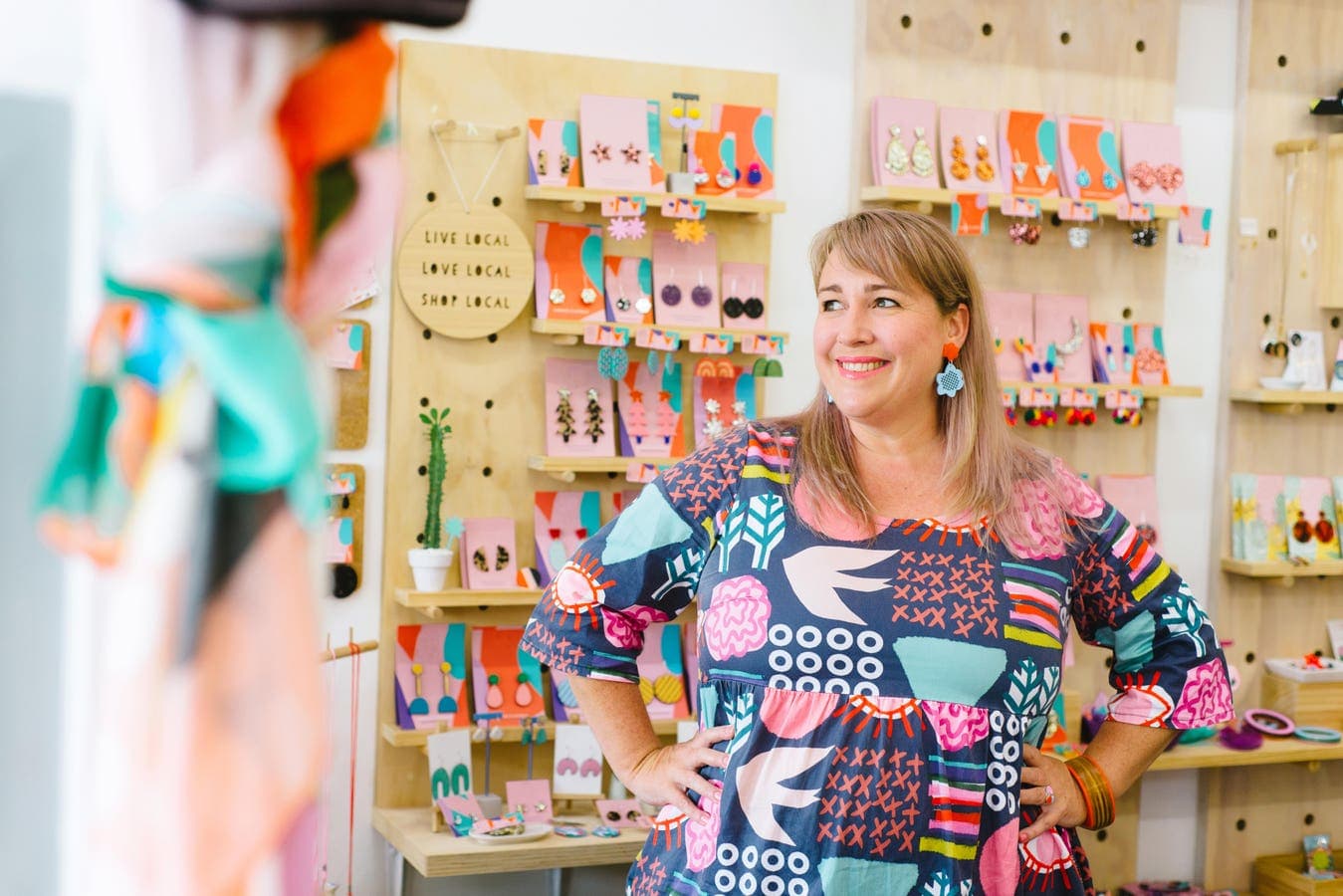

Owner Academy Post
04
Why a Great Sales Process is Your Most Valuable Asset


Without a predictable sales system, your business isn’t scalable—or sellable. Learn how to build a repeatable, hands-off sales process that attracts buyers, boosts value, and frees you from doing all the selling yourself. This series of articles are a guide to build enterprise value now, so you have options later.
By Jon Polenz, DirectorYou could argue that any business needs a dozen things to succeed, but at the end of the day, it always comes back to sales.
You can have a rockstar product, an efficient operation, the perfect offer, and a stellar team, but if you don’t have a predictable, repeatable sales process, you don’t have a sellable business. And without a sellable business, you don’t have a valuable business.
Here’s the deal: When an investor looks at your company, one of the first questions they’ll ask is: “Where is your next customer coming from?”
This requires an answer and a methodology. For instance, if you can say:
“Here’s our sales funnel. It consistently produces X leads per week, and Y% convert into paying customers.”
That's extremely attractive to buyers.
Predictable sales are all about being repeatable. Your process is what makes you valuable.
Your Sales System Should Answer Three Key Questions:
1) Where do leads come from?
Whether it’s SEO, paid ads, cold outreach, referrals, trade shows, or RFPs, you need to know which channels fill the top of your funnel and what each lead costs. The more you can turn this pipeline on demand to get more leads, the better (assuming each lead is profitable).
2) How do you convert leads into customers?
Do you have a documented sales process? A CRM that tracks your pipeline? Templates, scripts, follow-up sequences? Investors love seeing that your process (and not you personally) is selling your product. That process is part of the business.
3) How consistent is your revenue?
Predictable sales = predictable revenue = higher valuation. Period. If you are not a part of the sales equation, great (you shouldn’t be).
Build a Hands-Off Sales Funnel
When you’re first starting out, you get to wear many hats. But as your business grows, you can take those hats off one by one.
To increase the value of your company (and your sanity), you need to pull yourself out of the equation. Fire yourself wherever you can.
You can do this by:
-
Documenting your sales process. If it lives in your head, it dies with you. Write down every step, from first touch to closed deal.
-
Training others to sell like you. Even if it’s just one person to start, build a sales playbook they can follow.
-
Tracking key metrics. Know your average lead-to-close rate, sales cycle length, customer acquisition cost (CAC), and lifetime value (LTV). Investors will ask.
Identify your value proposition
Of course, the best sales process in the world can’t make up for a weak value proposition in the long run. You need a clear, competitive edge.
What makes you different? Are you the fastest in your market? The most affordable? The most highly reviewed? The only vendor with access to a rare product? Do you have relationships that your competitors don’t?
Build your pitch and your sales process around your edge. Then make sure your brand reinforces it.
If you sell B2B services to enterprise clients, you don’t need highway billboards—you need a reputation for reliability, case studies, and trust. Build assets that speak to your customers. Not always flashy, but always effective. Figure out what your audience cares about, then give that to them consistently.
A great sales process should bring you certainty:
-
Certainty that you’ll have new customers next month.
-
Certainty that your team can close without you.
-
Certainty that a buyer can take over without disrupting the flow.
That certainty = a higher multiple when you sell.
If your sales right now are coming from luck, referrals, or your personal hustle, don’t panic. That’s how most great businesses start. But to become more valuable and sell for top dollar, they need to grow up. That’s why you’re here.
Share this article
← Previous in: How to Create Enterprise Value
About the Author Jon Polenz, Director







